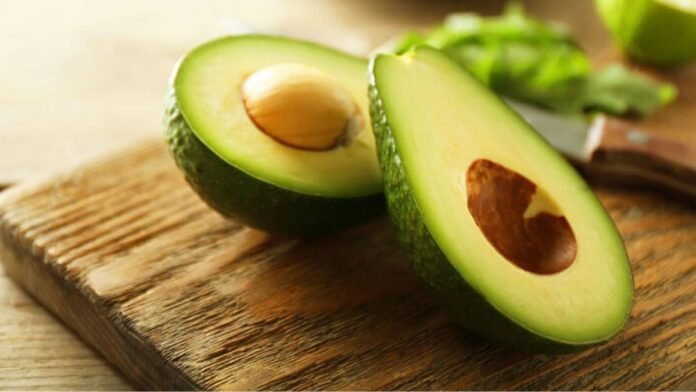Opting for fair trade or organically grown avocados can reduce human and biodiversity impacts, although certification processes remain imperfect. Global demand surge for avocados in Europe and North America has tripled production over just over two decades; though touted as a superfood, avocados often face criticism due to their environmental footprint.
Avocados have long been considered part of a sustainable diet; the problems arise from the cultivation issues associated with them. A native of Central and South America, avocados thrive in warm to temperate climates in hundreds of varieties – the Hass variety being one of them, dating back over a century ago!
Avocados may be promoted for their nutritional benefits – including vitamins, minerals and unsaturated fats – yet their popularity exacerbates environmental concerns. Like many modern agricultural practices, avocado plantations rely heavily on fertilizers and fossil fuels that increase greenhouse gas emissions. Furthermore, due to yield limitations per area harvested they result in a higher carbon footprint per kg of fruit produced.
Avocados have an average carbon footprint of 2.5 kilograms of CO2 equivalent per kg, surpassing bananas (0.9 kg CO2e per kg) and apples (0.4 kg CO2e per kg), but slightly below tomatoes (2 kg CO2e per kg). Their transportation over long distances typically by ship is significantly less carbon-intensive, yet it contributes to a vulnerable global food system vulnerable to disruptions.
Avocado trees are notoriously water-intensive, requiring about 1,000 litres per kg in water consumption – further exacerbating water scarcity in already stressed regions such as Mexico. Monoculture farming practices for export have replaced traditional mixed plots, increasing pesticide use while driving deforestation in regions like Michoacan.
This shift has had an economic and human rights impact on local populations and has been tied to human rights abuses, organized crime and even forced migration. Although searching for fairtrade or organic avocados may help lessen some impacts, certification remains costly and imperfect; avocados’ low carbon footprint compared to animal products highlights wider issues with agricultural practices that emphasize sustainable food systems as well as local resilience amid global challenges.



